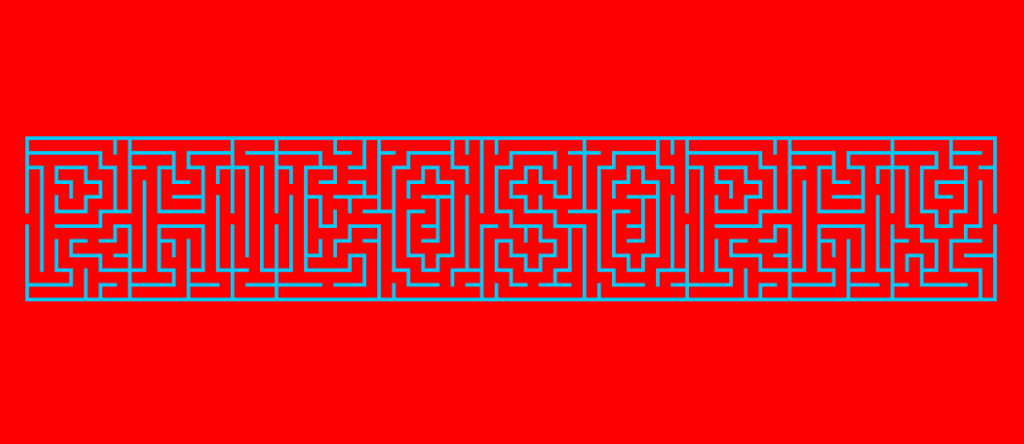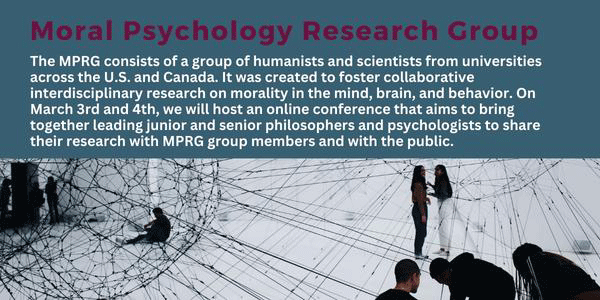Dyslexia, Dysgraphia, and Academic Philosophy (guest post) - Daily Nous
An undergraduate student in philosophy has been wondering whether their dyslexia gives them a strong reason to avoid pursuing graduate study and a career in academic philosophy.
The student asked their professor to write in to see what the readers of Daily Nous thought. Here's what the professor said:
My situation is this: I have an extremely bright, creative and highly motivated undergraduate student. The student is also dyslexic, to the extent that reading text is much more difficult for them than it is for the average student. In my view, the student is otherwise clearly capable of succeeding at the graduate level in philosophy, should they be admitted to a good, supportive program. They have a great deal of intrinsic motivation to teach and research, and great ideas. However, they're wondering whether their dyslexia might be a decisive reason to avoid this career path. I hadn't encountered this question before, so I was wondering if your readers might have opinions here.
It is likely that especially valuable comments on this topic will come from philosophy graduate students and professors who have dyslexia, dysgraphia, or other conditions which make reading and writing difficult, and I hope they choose to voice their opinions on this matter.
My wonderful colleague here in the Department of Philosophy at the University of South Carolina, Tyke Nunez, is one such person, and he kindly wrote up his thoughts on the matter, posted below.

Dyslexia, Dysgraphia, and Academic Philosophy
by Tyke Nunez
If a student is dyslexic and otherwise shows potential in philosophy, is it worth encouraging them to go on to graduate school? I'm a colleague of Justin's who is severely dyslexic and dysgraphic. (Unaided, I read at roughly a third to a quarter of normal pace and I exhibit three or more standard deviations between my processing speed index and other WAIS-3 scores.) My short answer is 'Yes.' But let me elaborate through answering a few questions that you might be wondering about.
Is philosophy a good thing to spend your life doing if you're dyslexic? Going into academia in the humanities is likely not where a dyslexic will find their competitive advantage, as the economists say, but that's a strange way to think about one's life. If you love it, dyslexia should not prevent you from going to graduate school in philosophy. Among humanities disciplines, dyslexics also seem well suited to philosophy, because philosophy requires reading slowly and carefully. When I picked up the Republic in high school, it was the first thing that I'd read that seemed worth the trouble and pain of reading. My dyslexia and dysgraphia mean that the various dimensions of research and teaching preparation that require reading and writing take me significantly longer. As a result, I have always had to spend a much larger amount of my time working than my peers. For me it's worth it, because there is nothing else that I'd like to spend this amount of my life doing.
Will being dyslexic be a hindrance to getting into grad school, succeeding in grad school or getting a job? What is it like to be in the academy as someone with dyslexia? Professionally, my sense is that by disclosing a learning disability one will face some discrimination, and that this is not a kind of diversity that is valued in the academy today. As an undergraduate I had professors who were extremely resistant to accommodating my disability, however, as a graduate student I didn't. This is likely because in graduate school one tends to know one's professors well, and I didn't ask for many accommodations. Looking back over my application materials for graduate school from 2005/6, it looks like I included a statement about my disability for several of my applications. I did not get into any of those schools, but I got into many comparable or better ones for which I did not include such a statement.
When I was applying for jobs at universities and colleges, I deliberated about discussing my learning disability in my diversity statement. I ultimately decided to do it because I think it is important for people with learning disabilities to be visible in the profession. I had one interview with a department that asked for my diversity statement. As a professor, I always talk about my dyslexia with my students at the beginning of every semester. It helps to put us all on an even footing. I'm also an avid whiteboard user that spells at an eighth-grade level, so it's obvious. Otherwise, my disability is not very apparent from the outside, say, if you are reading my work or on a committee with me.
What accommodations are there that make philosophy doable with dyslexia? Obviously, spell-checker has been essential. I also would not have been able to make it as an undergraduate, let alone through graduate school, without the use of audio-book services like Learning Ally or text-to-speech programs like VoiceDream reader. Even in philosophy, you can't read everything slowly, and without these aids I would neither be able to skim (listening sped up, no underlining) nor read carefully at a workable speed (listening sped up while following with my eyes, but stopping to highlight and take notes). Likely if a student is thinking about graduate school, they have already cultivated a base competency with these skills. Of course, even with these aids I read much more slowly than someone who does not have dyslexia.
Even more than my dyslexia, dysgraphia—which often accompanies and is conflated with dyslexia—has been a hurdle. Before I reached college, I thought I might want to go in to philosophy professionally, but early on a professor made it clear to me that the coin of the realm was the essay, and that mastering argumentative writing was a requirement on a life in philosophy. In my first two years of college, I had the good fortune of having professors who would closely read and edit draft after draft of my papers, which improved my writing. Twenty years on, writing is still a laborious and painful process. It is orders of magnitude more cognitively demanding than speaking. But it is also a daily practice that I now crave. I imagine that if I had grown up using speech-to-text programs like Dragon Dictate, I might have been able to become a faster, more fluid, more elegant writer than I am. Now, however, I'm accustomed to my writing process, and learning to use such programs feels forced.
There should be more acceptance of learning disabilities in the academy. A requisite step is recognizing and fostering the academic potential of students with such disabilities. Of course, this comes with challenges, but the transition to graduate school is difficult for everyone. Many of my peers struggled to learn to read slowly and carefully. I struggled to learn to read quickly and cursorily. Both are basic skills. As an undergraduate, I did not look like a standard good philosophy student. If you are already seeing the philosophical potential of students despite their differences with this standard, then you are already well down the path to making the profession more accepting.
Note: Some minor clarificatory edits were made to the post since it was first published.
UPDATE: Lex Academic has created a new scholarship for graduate students with dyslexia who are studying philosophy. The scholarship includes £500 and free proofreading of the recipient's thesis or dissertation. Details here.




Comments
Post a Comment